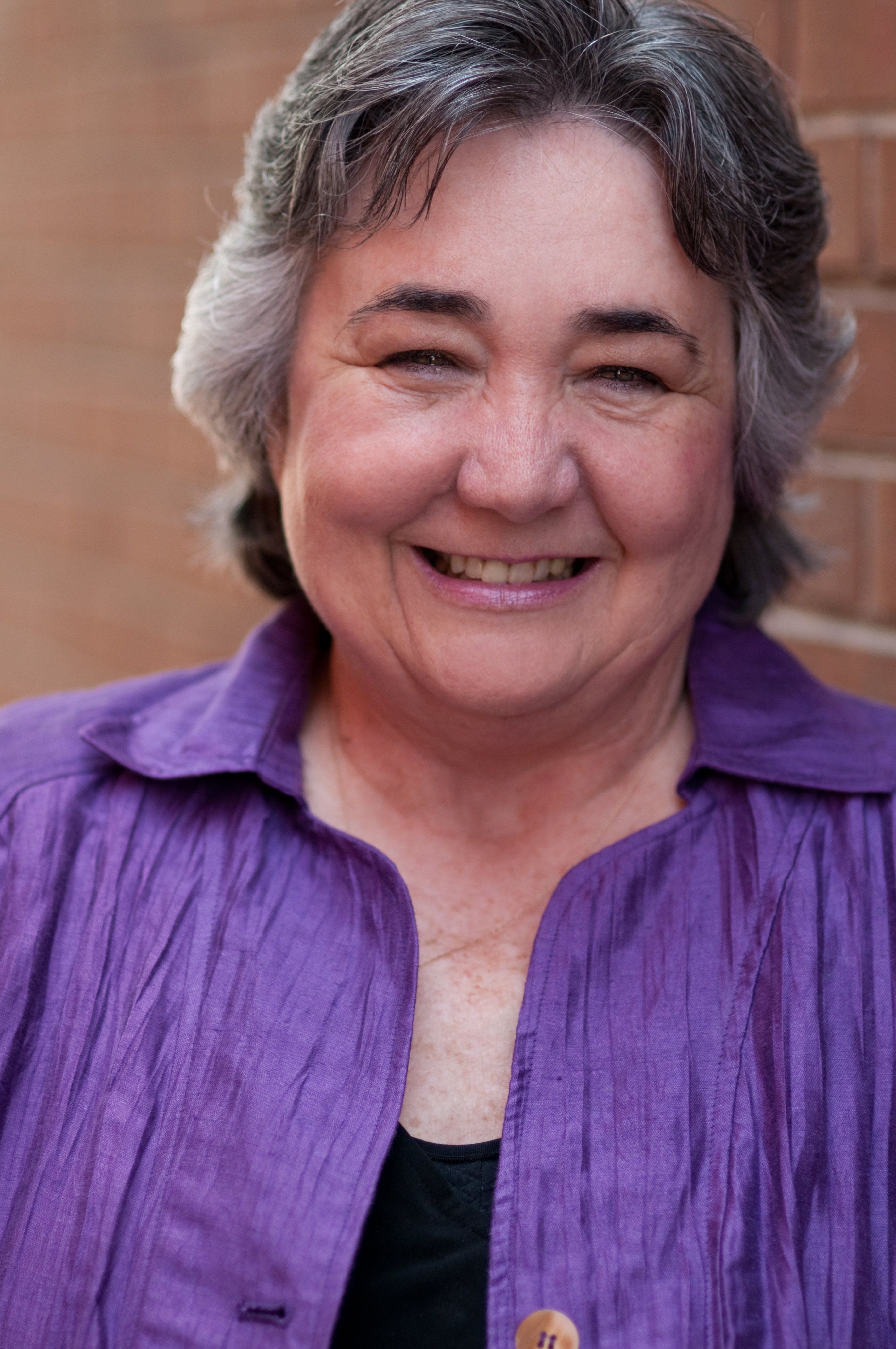Mark Galli’s article in Christianity Today last September asks, “Whatever Became of Repentance?” The article is well worth reading, and it is so relevant to the WGA mission. I want to highlight and comment on a few of Galli’s comments.
MG (Mark Galli): “… the awareness of the need for repentance . . . seems absent today because we are quick to point out the failings, the foolishness, the prejudice, and the evil of others. When a leader or a group transgresses against the reigning political orthodoxy (whatever it might be at the moment), there are angry calls to retract or repudiate what has been said, along with demands for reeducation or dismissal. We take some “sins” very seriously and insist the offenders “repent.” We just don’t use those words.”
MH (Mary Heathman): Reminds me of a quote I once heard that went something like, “I used to be intolerant of people, but now I am only intolerant of people who are intolerant of people.” This is a personal challenge for me. WGA staff are often in a position where there are people in the room listening to our presentation who strongly disagree with us. . . it is not unusual to have two sides of a very polarized debate represented, and a person or two from both “sides” are angry with us—the one wanting us to change our minds about what we believe scripture says, the other wanting us to “call it what it is… SIN” and call people to repentance. In this scenario, I am sick at heart, and tempted to become intolerant of our critics, although I know they each are seeking the Lord’s provision and coming from different ends of the spectrum to get there. I repent of not believing there is grace for our critics too.
MG: “Christians might insist anew that the whole life of the Christian is indeed about repentance. Jesus began his ministry with such a call: “repent , for the kingdom of heaven has come near” (Matt 4:17), and repentance is the key note in the early church’s preaching (Acts 2:38, 3:19, 5:31, 8:22, 11:18, 13:24, 17:30, 19:4, 20:21, 26:20). And this should include not just others’ repentance but our own.” “We have recently learned how to prophetically speak truth to power but have lost the nerve to speak prophetically to ourselves. The problem is always out there, in an unjust institution or a careless or evil person.”
MH: Lord, may we take seriously the call to repentance and ask you to help us first to deal with our own hearts before we charge into a debate to call someone else to account for their attitudes and behavior. Help us to remember to “take the log out of our own eye” before we try to help others take the splinters out of theirs. (Matt 7:3-5)
MG: “Repentance is the means by which we experience the forgiveness of sins, for one. This alone changes everything, of course. And thus it is also the means by which we can change the temperature of the angry debates in church, online, and in our culture. What if instead of stubbornly entrenching ourselves deeper in argument or accusations, we paused and said sincerely, “I’m sorry to say that I’ve contributed to this problem, and I have a lot to repent of.” Or “I have to admit that I’ve said some stupid and offensive things like the very thing I am criticizing.”
MH: One of my most profound experiences of God’s grace came during a presentation where I was part of a panel of speakers. The room was filled with angry people, shouting during the Q&A session, mostly angry at Christians for “their judgement and condemnation of LGBT” people. At one point I asked if I could ask an obviously angry red-faced man a question and he agreed. I said, “Can I ask why you are so angry?” He poured out a story that made me tear up… he had been hurt at the hands of Christians, his heart was broken. When he had shared some of the details of what happened to him, I was in tears and I said simply, “I am so sorry that happened to you; that is not God’s heart. I want you to know that I don’t see myself as any different than you—what is yet in me that is not as God intended is just as off the mark as anything anyone has accused you of; we are in the same boat, you and I.” The man’s face softened. I still pray for him every time I tell this story.
Please, Church, please, please, show yourself everywhere you are as the humble followers of Christ that you are in your hearts. Please let’s join our hearts to love as Jesus loved—in truth and grace no compromise.

Mary Heathman
Founding Director
Mary is one of the founders of Where Grace Abounds and served as Executive Director from its inception on July, 1986 through March 31st, 2007. She speaks and teaches at churches and conferences across the country. She has also served on several boards of non-profit organizations, is a conference speaker on a variety of topics that include: Intimacy with God, Healthy Sexuality, and leadership development. She currently serves in leadership in her denomination. Mary’s favorite ministry roles are discipleship counseling, group facilitation, and leadership development.
Mary often characterizes herself as “a seeker of Truth” and has a long-standing fascination with human behavior and motiviation. Her education consists of lay and discipleship counseling, indepentent study about the integration of psychology and theology, counseling and human sexuality. She also holds a BS in Human Services and an MA in Psychology from Regis University.
Mary attends a Friends (Quaker) Church.
Make a Difference in Someone's Life
If you enjoy reading WGA’s blogs and would like to show your support, please consider making a donation. Where Grace Abounds is a 501(c)3 non-profit organization. The majority of services, including support groups and discipleship counseling, are provided free of charge. Your financial gifts help to cover the costs associated with offering a free program to those who seek WGA’s services.

